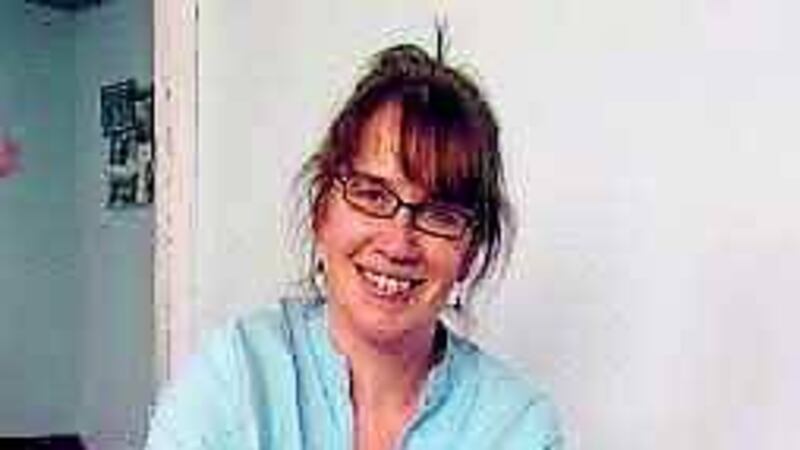"Nearly all of them felt that they had a responsibility to speak for the millions of women in Afghanistan who don't have a voice because they don't have any education."
Many of the women wrote about difficult experiences, Paul said,including childhood marriages, forced marriages and female suicides. "I think about 95 per cent of suicides in Afghanistan are carried out by women, mainly women between the ages of 16 and 19," she said. "2,000 women killed themselves in Afghanistan last year. You can see that women feel so disempowered. "One woman had been a teacher in one of the huge refugee camps in Pakistan. She wrote a story about one of her 10-year-old students who was to be married, essentially because her family had a debt to pay. So it was called, 'Exchanged for a Cow'. "That story is set in 2002 but unfortunately it is still going on in rural areas in Afghanistan now," Paul said. But she said some of the women's work was much more positive about their country and its future. "They also wrote poems about the beauty of Afghanistan, about good relationships between families and the hope some of the younger women have for their future and the jobs they would like to do," she said. Despite great changes in Afghan society, the women who work with the project still fear for their safety.
Such is the concern that they may be targeted by the Taliban, the women did not want to be identified or have their full faces shown, even in foreign media. "They could still effectively be attacked for writing with a western organisation and writing about women's issues," Paul said. "In fact one of the women I interviewed had worked as a journalist in Kandahar aged 18 for an English-language, western-funded project. Eventually the Taliban told her to stop and said they would kill her, so her family left the area but she carried on working; she just used the burka."
Paul said Afghans are greatly concerned about what will happen to their country when Nato troops leave later this year. "At this point, for everybody, it feels as though Afghanistan is at a crossroads. And really there is no way of knowing how it is going to go," she said. "There is the desire for democracy and a stable society where everyone has a fair chance. It's still a long way off."
* A documentary presented by Julia Paul, Strangers in a Strange Land - How Afghanistan Changed our Lives, will be broadcast on BBC Radio Ulster at 1.30pm on Sunday.
